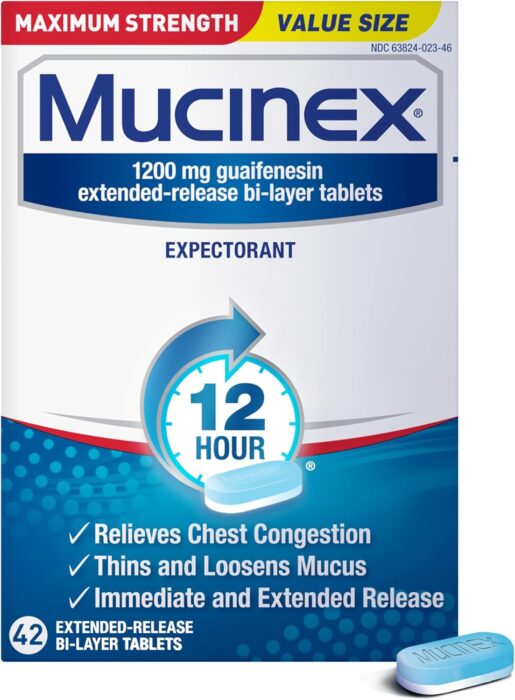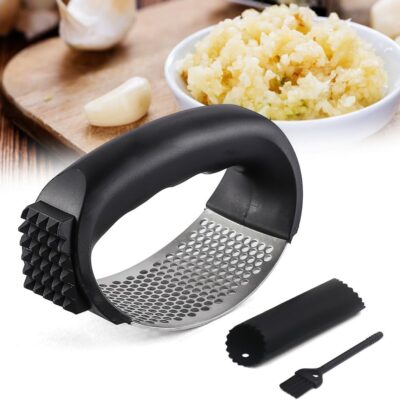Is Mucinex safe for pregnancy congestion relief?

There are many “don’ts” and “do’s” related to Is Mucinex safe during pregnant?”—which can feel overwhelming, especially when you’re not feeling well. Mucinex might seem like a quick fix if you’re dealing with a stubborn cold or congestion. After all, it’s a go-to medication for thinning out mucus and clearing up a blocked nose. But when you’re pregnant, everything you take should be carefully considered for your safety and the baby’s health. Let’s explore if Mucinex is safe during pregnancy and how to manage congestion with the best options available.
Can You Take Mucinex During Pregnancy?
Guaifenesin, the active component of Mucinex, is well-known because loosens mucus and makes breathing easier. It’s a common choice for easing congestion, especially when cold or flu symptoms hit. However, since pregnancy requires extra caution with medications, it’s crucial to understand whether Mucinex is safe.
Why Safety Matters
Even though Mucinex is typically safe for adults, it’s a bit more complex during pregnancy. The FDA classifies drugs based on safety for pregnant women, and while guaifenesin doesn’t have a high risk, it also hasn’t been studied extensively in pregnant women. Doctors often advise avoiding unnecessary medications, particularly in the first trimester, when the organs of the unborn child are still developing. So, before taking Mucinex, check in with your healthcare provider to see if it’s the right choice for you.
When Mucinex May Be Helpful During Pregnancy
There are times when the benefits of taking Mucinex could outweigh the risks, especially if congestion makes it hard to breathe, sleep, or even function. If non-medicated options like steam or a humidifier aren’t working, your doctor might approve a short course of Mucinex.
Why Treating Congestion Can Help
Severe congestion can disrupt your sleep, which isn’t ideal when you’re pregnant and need all the rest you can get. Breathing issues from congestion can also create stress, making it harder to stay relaxed and healthy. Your doctor might recommend Mucinex to help you feel more comfortable in these cases. Just be sure to take it in the safest way possible, which we’ll cover next.
How to Take Mucinex Safely if Approved
If your doctor says Mucinex is okay for you, there are some critical steps to use it safely.
- Stick to the Right Dosage: Only take the amount your doctor recommends. Taking more won’t make you feel better faster and could lead to side effects like nausea or dizziness.
- Use Single-Ingredient Mucinex: Stick to products with just guaifenesin without any added decongestants (like in Mucinex-D). Decongestants may not be safe and can increase blood pressure during pregnancy, especially if you have conditions like high blood pressure or preeclampsia.
- Read Labels Carefully: Mucinex products come in different types, some with multiple active ingredients. Check that you’re only using a plain guaifenesin formula, or ask your pharmacist for help picking the right one.
- Avoid Mucinex in the First Trimester: If you’re still in your first trimester, it’s generally best to hold off on Mucinex. The early months of pregnancy are susceptible, so your doctor might suggest other ways to relieve congestion.
When to Avoid Mucinex
Sometimes, it’s better to skip Mucinex and try other options.
- Early Pregnancy (First Trimester): Many doctors recommend avoiding most medications in the first trimester since the baby’s organs are forming. Talk to your doctor to see what’s safe if you’re experiencing early pregnancy congestion.
- If Taking Other Medications: If you’re already on prescribed medications, Mucinex could interact with them. Your doctor will know if Mucinex can be safely combined with your current medications.
- If You Have High Blood Pressure: Some Mucinex products, especially those with added decongestants, can raise blood pressure. If you have a history of high blood pressure or are at risk for preeclampsia, it’s safer to avoid these types.
- If You Have Asthma or Other Breathing Issues: If you have asthma, COPD, or another respiratory problem, see your physician before taking Mucinex. These conditions may require a different treatment plan.
Natural Alternatives to Mucinex During Pregnancy
If you’d rather avoid medication, some natural ways to manage congestion are generally considered safe during pregnancy.
- Steam Inhalation: Inhaling steam can help clear nasal passages and relieve congestion without medication. You can do this by standing in a hot shower or carefully breathing in steam over a bowl of hot water. Just be cautious to avoid burns.
- Use a Humidifier: Saturating the air can assist with holding your nasal sections back from drying out, which can assist with lessening clog. Place a humidifier in your bedroom to help you breathe more quickly, especially at night.
- Saline Nasal Spray: This simple, non-medicated spray can moisturize nasal passages and help relieve stuffiness. It’s a gentle and effective way to ease congestion, with no active ingredients that could impact your pregnancy.
- Stay Hydrated: Drinking plenty of water keeps mucus thin and more accessible so your body can clear naturally. Warm drinks, like herbal tea or lemon water with honey, can provide extra relief and help you stay comfortable.
- Elevate Your Head While Sleeping: Prop yourself up with extra pillows. This can prevent congestion and make breathing easier while you rest.
These natural remedies are great options for avoiding medication or seeking extra ways to relieve symptoms alongside safe, doctor-approved medications.
Final Thoughts
Pregnancy brings unique health needs, and being cautious with medications like Mucinex is a wise approach. While Mucinex is typically safe in small doses and with guidance, it’s always best to talk to your doctor first. They’ll help you weigh the benefits and potential risks to decide if Mucinex is right for you.
Remember, many non-medicated options like steam, saline sprays, and hydration can make a big difference, so give those a try if you’re experiencing mild to moderate congestion.
Being informed, speaking with your doctor, and selecting treatments that meet your needs and those of your unborn child are the keys to remaining safe and comfortable.
Pregnancy congestion doesn’t have to be difficult to manage. You can find relaxation without endangering your mental well-being or the health of your developing child if you follow the proper guidance and use a few safe, useful tools.

BUY NOW
$22.49
My #1 Mucinex 12 Hour 1200mg Maximum Strength Guaifenesin Chest Congestion
- EXCESS MUCUS RELIEF: Maximum Strength Mucinex 12hr extended-release tablets pack a powerful punch with 1200 mg guaifenesin expectorant, providing you with long-lasting chest congestion relief
- AIDS EXCESS MUCUS REMOVAL: Maximum strength chest congestion relief; Mucinex 12hr lasts up to 12 hours and provides relief for your chest congestion and makes cough more productive
- EXPECTORANTS FOR ADULTS: Mucinex helps clear lungs by thinning & loosening mucus; Say goodbye to excess mucus, say hello to chest congestion relief






